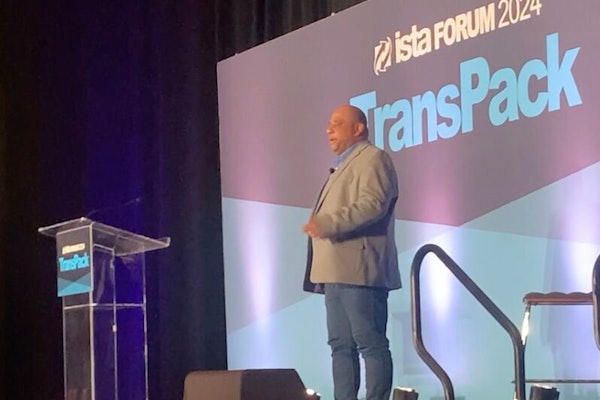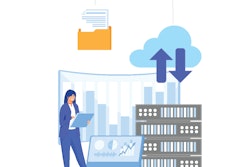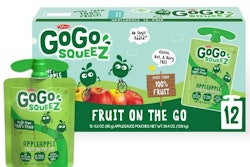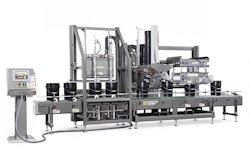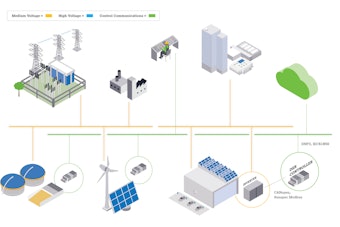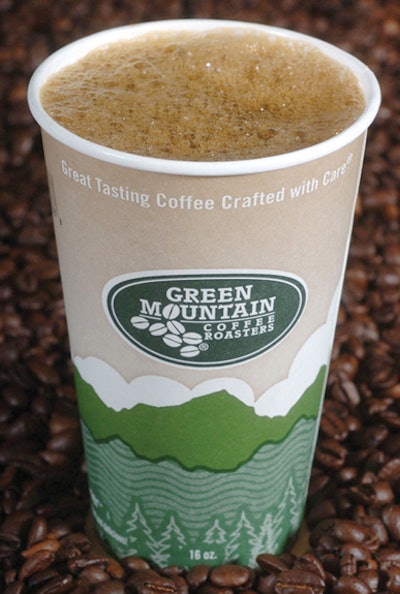
Green Mountain Coffee Roasters (GMCR) illustrates corporate conscience. In 1981, GMCR hung its shingle on the front of a small café in Waitsfield, VT. GMCR roasted specialty coffee right on the premises. Two years later the business, which then had seven employees, began a composting program using leftover coffee grounds. “Even then we realized that our business practices impact the world,” says Bob Stiller, president and CEO.
The demand for high-quality, freshly roasted coffee grew beyond the café’s walls, and the company opened additional retail stores in the Northeast. Restaurants and inns in the area asked for GMCR coffee and equipment. GMCR soon entered the wholesale business. At the same time, visitors asked if the roaster could send Green Mountain Coffee to their homes in New York, Florida, Pennsylvania, and Connecticut. This demand was filled by the birth of the company’s mail-order business. By 1993, GMCR had gone public, and in 1997, the cafés were closed to focus the company on wholesale and mail order sales opportunities. By 2006, the company’s 729 employees supported $225 million in sales.
During growth and through transition, the company never lost focus on environmental or social responsibility.
In 2006 and 2007, Corporate Responsibility Officer magazine listed GMCR as #1 on its list of 100 Best Corporate Citizens. For the past six years, GMCR has been on SustainableBusiness.com’s SB20 list of the world’s top sustainable stocks.
Breakthrough for renewable materials
In 2006, GMCR and International Paper introduced the first all natural paper hot beverage cup—the ecotainer™. The cup uses NatureWorks PLA to create a waterproof barrier on the paperboard. Sustainable Forestry Initiative (SFI) guidelines for management and harvesting are followed for the trees used to make the paper. No trees from old-growth or endangered forests are used. Seventy percent of the energy at the International Paper plant, which produces paper for ecotainers, comes from waste recovery, says GMCR.
The switch to the ecotainer reduced the consumption of nonrenewable petrochemical materials by approximately 250,000 lb on an annual production of more than 90 million hot cups. GMCR estimates that if all hot coffee cups used in the United States were ecotainers, about 31 million lb of nonrenewable petrochemical materials would be saved each year. In May 2007, GMCR and International Paper received the Specialty Coffee Association of America Sustainability Award.GMCR is exploring the development of a renewable bio-plastic lid for the ecotainer, and all of GMCR’s cold cups are manufactured using NatureWorks PLA.
Difficult packaging challenges
One of GMCR’s most successful lines is coffee packaged for the Keurig® Single-Cup Brewer. The GMCR K-Cup is a portion pack for the brewer consisting of three elements:
• the cup itself
• a pure white unbleached layer of filter paper coated with polyethylene, which is heat-sealed to the rim of the cup
• an aluminum foil top also coated with PE, which is heat-sealed to the top rim of the cup after the fresh coffee has been dropped in. This packaging limits the ability of oxygen and moisture to reduce the shelf life of the coffee.
More than one billion K-Cups have been sold since they were introduced in 2002 and most, if not all, end up in landfills because no alternative exists. The company is working to mitigate the impact of the K-Cup in two ways. First, it is researching the development of alternative packaging materials for the cup that would cover a wide range of properties.
Second, the company is linking K-Cups to Fair Trade Certified coffees—the most sustainably grown coffees. GMCR intends to mitigate some of the negative impacts of the packaging by providing a sales boost to coffee producers who focus on sustainability.
Furthermore, GMCR offers consumers an alternative—a reusable K-Cup for the three current models of the Keurig home brewers. The company also plans a lifecycle analysis, covering coffee from harvest to when the K-Cups enter a landfill.
GMCR packages its ground and whole bean coffee in multilayer flexible packaging. The company is working with its supplier— Fres-co® System USA, Inc.—to research the feasibility of replacing as many as two of the four nonrenewable polymer layers in the flexible packaging with PLA. The key will be to maintain vapor and moisture barrier specifications. GMCR recently introduced new packaging for its Newman’s Own Organics line of coffees that incorporates a single layer of PLA into the overall packaging.
“There are no recycling opportunities today for the moisture and vapor barrier packaging required to keep our coffee fresh,” said Paul Comey, vice president of Environmental Affairs, GMCR. “Furthermore, municipal composting, which would be ideal for the ecotainer, hasn’t yet caught on in a big way in the United States.
“What we are trying to achieve in terms of sustainability of our packaging is a substitution of renewable material for nonrenewables. At the same time, we are looking for sustainable sourcing of wood fiber, lowering the use of nonrenewable energy, and decreasing greenhouse gas emissions from both our suppliers and ourselves. Sustainable packaging is a complex balance between the needs of protecting the product and minimizing the environmental impact of the package. GMCR’s corporate social responsibility and sustainability values drive us to not only maintain that balance, but also strive to improve it.”
Get more information at packworld.com/sustainability.
Note: Purchase a copy of the Field Guide to Sustainable Packaging at www.packworld.com/fieldguide.




